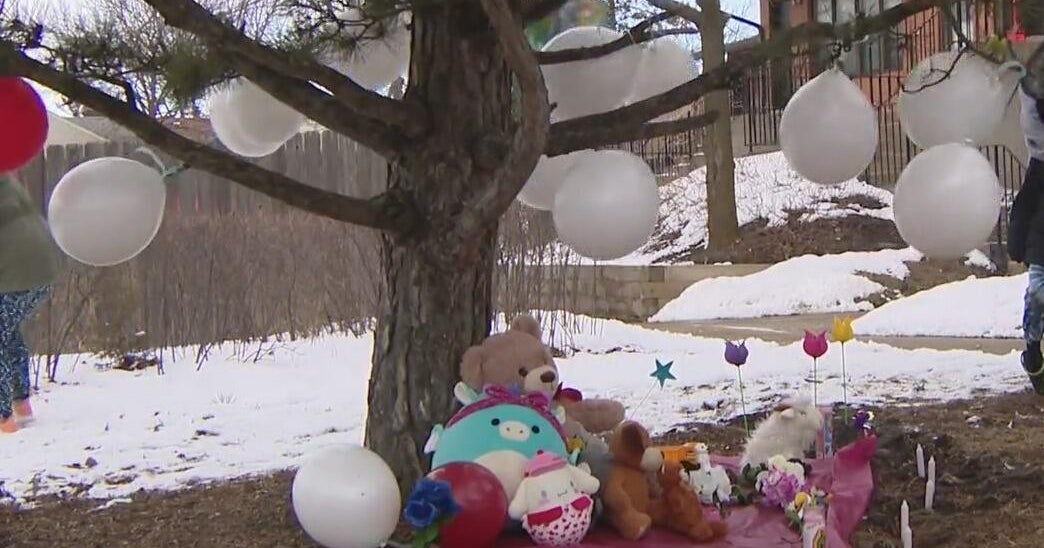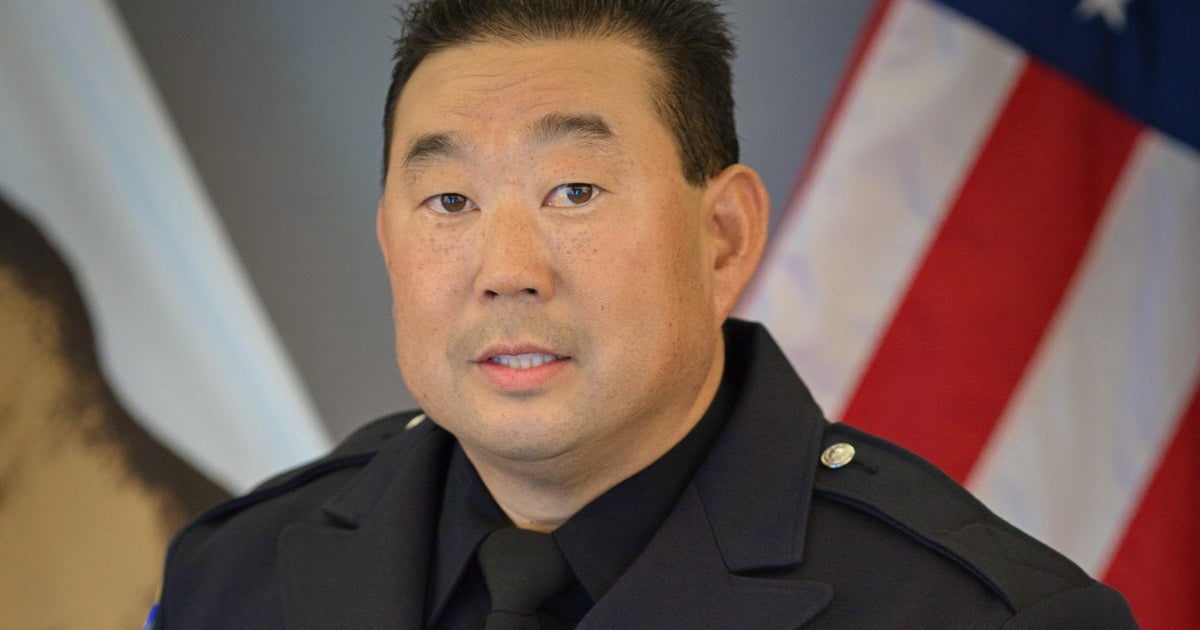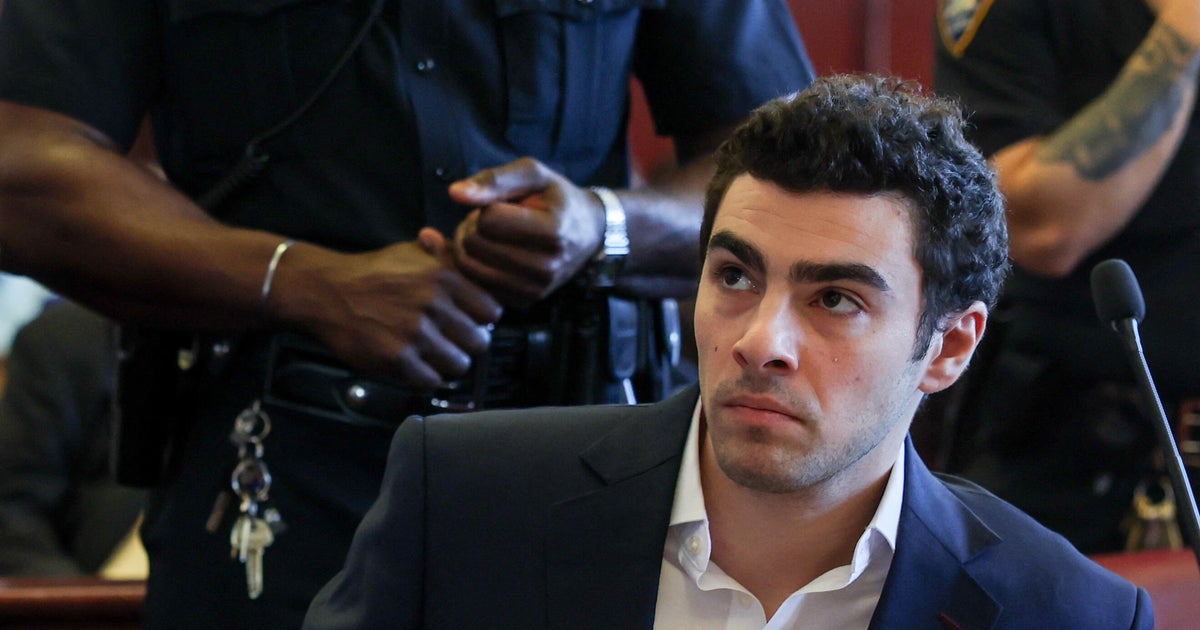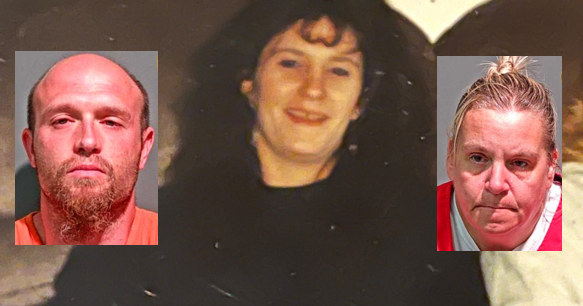Florida Set To Execute Child Killer
ORLANDO (CBS Miami/AP) -- A man convicted of raping and strangling a 10-year-old girl is set to die by lethal injection at the Florida State Prison in Starke, Wednesday.
56-year-old Elmer Carroll's last chance at a reprieve is before the U.S. Supreme Court. His attorney filed the petition saying Carroll should have been considered mentally ill at the time of the murder.
Attorneys tried for more than two decades to appeal the death sentence, but were not successful.
"As far as I'm concerned, he was mentally ill at the time of the offense," said Carroll's attorney, Michael Reiter. "He has had mental illness all of his life."
Prosecutors disagreed and several courts have upheld Carroll's competency to stand trial and be put to death.
"Carroll does not meet, much less even allege, he meets either the definition of, or, factual requirements to be considered sufficiently mentally ill to bar his execution," Assistant Attorney General Scott Browne wrote in a motion filed last month.
In November 1990, Carroll was indicted on a count of first-degree murder and sexual battery for the rape and murder of 10-year-old Christine McGowan, who lived with her family next door to a halfway house for homeless men where Carroll was staying, in the Orlando suburb of Apopka.
Carroll, who had twice been imprisoned for indecent assault on a child, had told one of his housemates that the girl was "cute, sweet and liked to watch him make boats," according to witness testimony at his trial.
Witnesses said they saw Christine talking to a man who may have been Carroll the day before she was murdered in October 1990. Authorities said Carroll broke into Christine's home later that night. The next day, her stepfather, Robert Rank, found her dead in her bedroom when he went to wake her up. Rank noticed the front door was ajar and that his pickup was missing, according to court records.
An all-points bulletin was sent out for the missing truck, which a short time later was found on the side of a busy state road. A state wildlife officer found Carroll walking about a mile away. He had blood on his sweatshirt and genitals, while traces of his semen, saliva and pubic hair were found on Christine, according to the court record.
A public records search for Robert Rank turned up disconnected phone numbers. It was unclear whether he or other family members planned to attend the execution. The judge presiding over Carroll's trial was Circuit Judge Belvin Perry, who two decades later would gain worldwide fame presiding over the Casey Anthony trial.
Carroll's lawyers argued that he was unable to assist in his defense. They employed the insanity defense at his trial, during which they and prosecutors presented conflicting testimony from psychiatrists about Carroll's mental competency.
Two experts hired to evaluate him found that he wasn't competent to stand trial, and one concluded that Carroll was psychotic, schizophrenic, delusional, incoherent and withdrawn. Carroll was committed to a psychiatric unit at a local hospital for several days. Subsequently, after hearing from other experts, a judge found him competent to stand trial.
An expert witness testified that he thought Carroll had been making an effort to appear more mentally troubled than he actually was. The psychiatrist also said a low IQ test underestimated Carroll's intelligence, which he put in the average range, since Carroll purposefully wasn't cooperating.
During his appeals, Carroll argued that his defense attorney had failed to provide background material to help the psychiatrists with their testimony. One expert at a post-conviction hearing testified that Carroll had the problem-solving capacity of an 11-year-old and the attention span of an 80-year-old at the early start of dementia. The expert also testified that Carroll suffered brain damage. Perry denied Carroll's request for post-conviction relief and that denial was upheld by the Florida Supreme Court.
In 2002, after the U.S. Supreme Court ruled it unconstitutional to execute mentally disabled individuals, Carroll requested another hearing, claiming he was borderline mentally disabled and suffered brain damage. His attorneys argued the U.S. Supreme Court ruling should extend to mental illness. Again, Perry denied the request, saying Carroll wasn't mentally disabled.
But Reiter disagreed, pointing out that Carroll still seemed delusional when he met with him two weeks ago.
"He thinks God can save him," he said. "He knows he is being executed for a crime but he believes God doesn't want him dead."
(TM and © Copyright 2013 CBS Radio Inc. and its relevant subsidiaries. CBS RADIO and EYE Logo TM and Copyright 2013 CBS Broadcasting Inc. Used under license. All Rights Reserved. This material may not be published, broadcast, rewritten, or redistributed. The Associated Press contributed to this report.)







